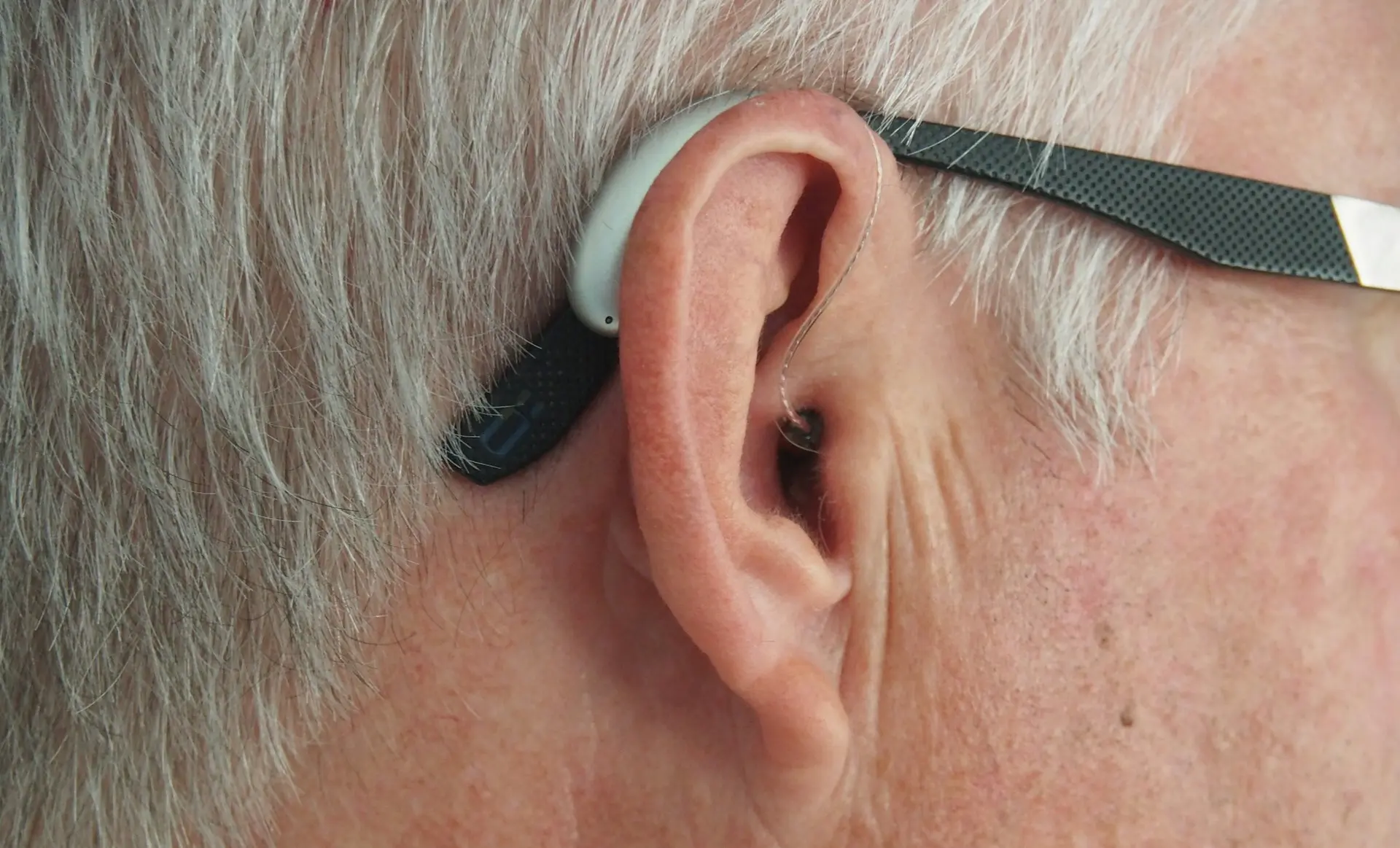Strep throat is a common yet misunderstood condition, particularly concerning its origins and potential complications like ear infections.

Blog
Understanding Strep Throat: Signs, Symptoms, and Causes
Strep throat is a common yet misunderstood condition, particularly concerning its origins and potential complications like ear infections. Unlike the common cold, strep throat is caused by bacteria, not a virus, requiring different treatment approaches.
Strep throat is a bacterial infection that causes inflammation and pain in the throat. This condition is caused by the Streptococcus pyogenes bacteria. It's known for its rapid onset and can cause significant discomfort.
The primary symptoms of strep throat include a sore throat that can start very suddenly, pain when swallowing, fever, red and swollen tonsils, sometimes with white patches or streaks of pus, and tiny red spots on the area at the back of the roof of the mouth. Recognizing these symptoms early can lead to a quicker diagnosis and treatment.
Strep throat spreads through respiratory droplets when an infected person coughs or sneezes. It can also spread through sharing drinks or utensils. Understanding this transmission mode is crucial in preventing the spread of infection.
One lesser-known complication of strep throat, especially in adults, is its potential to lead to ear infections. The bacteria causing strep throat can spread to the middle ear, leading to painful infections. Conversely, an ear infection can make the throat susceptible to the Streptococcus bacteria, showcasing a bidirectional relationship.
Diagnosis of strep throat often requires a throat swab to test for the presence of Streptococcus bacteria. Once confirmed, antibiotics are the mainstay of treatment to prevent complications, such as rheumatic fever or the spread of infection to the ear or sinuses.
Prevention includes practicing good hygiene, like regular handwashing, and avoiding close contact with those infected. Treating strep throat promptly can also prevent its spread to the ear, mitigating the risk of ear infections.
Strep throat is a significant health concern that can lead to complications if not treated properly. Recognizing the symptoms and understanding the causes and transmission can help in preventing this infection and its complications, such as ear infections. If you suspect you or a loved one has strep throat, consulting a healthcare provider for a proper diagnosis and treatment plan is essential.
Strep throat is a bacterial infection that causes inflammation and pain in the throat. This condition is caused by the Streptococcus pyogenes bacteria. It's known for its rapid onset and can cause significant discomfort.
Strep throat spreads through respiratory droplets when an infected person coughs or sneezes. It can also spread through sharing drinks or utensils. Understanding this transmission mode is crucial in preventing the spread of infection.
Strep throat is a significant health concern that can lead to complications if not treated properly. Recognizing the symptoms and understanding the causes and transmission can help in preventing this infection and its complications, such as ear infections. If you suspect you or a loved one has strep throat, consulting a healthcare provider for a proper diagnosis and treatment plan is essential.
Need Personalized Health Guidance?
Get expert advice tailored to your specific health needs from our qualified healthcare professionals.





